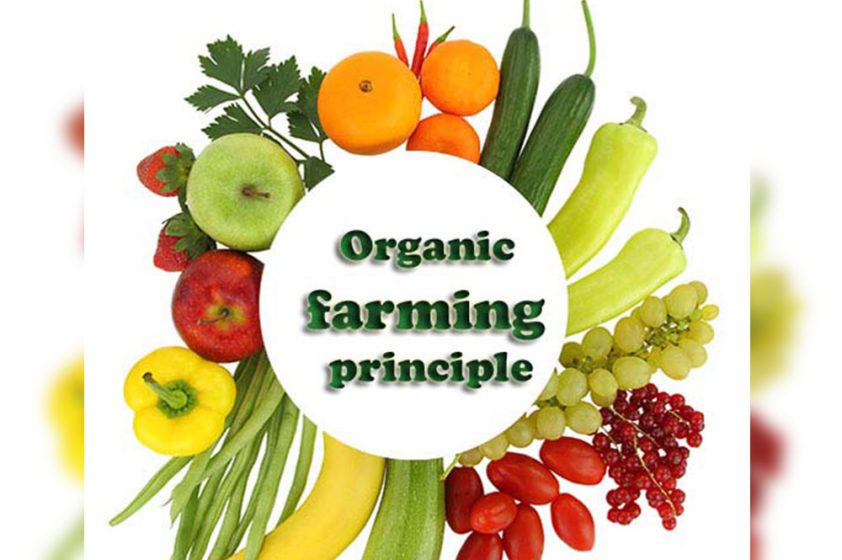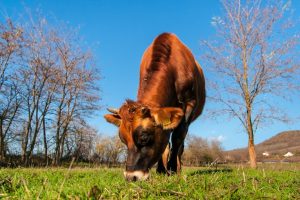September 22, 2017

Organic Principles
The Organic Livestock and Crops Owners Association of Nigeria, its standards and activities, and the practice of organic farmers are all based on a set of internationally recognized principles. These principles are the roots from which organic agriculture grows and develops. They express the contribution that organic agriculture can make to the world, and a vision to improve all agriculture in a global context.
Agriculture is one of humankind’s most basic activities because all people need to nourish themselves daily. History, culture and community values are embedded in agriculture. The principles apply to agriculture in the broadest sense, including the way people tend soils, water, plants and animals in order to produce, prepare and distribute food and other goods. They concern the way people interact with living landscapes, relate to one another and shape the legacy of future generations.
The Principle of Health – Organic agriculture should sustain and enhance the health of soil, plant, animal and human as one and indivisible.

The Principle of Ecology – Organic agriculture should be based on living ecological systems and cycles, work with them, emulate them and help sustain them.

The Principle of Fairness – Organic agriculture should build on relationships that ensure fairness with regard to the common environment and life opportunities.

The Principle of Care – Organic agriculture should be managed in a precautionary and responsible manner to protect the health and well-being of current and future generations and the environment.

